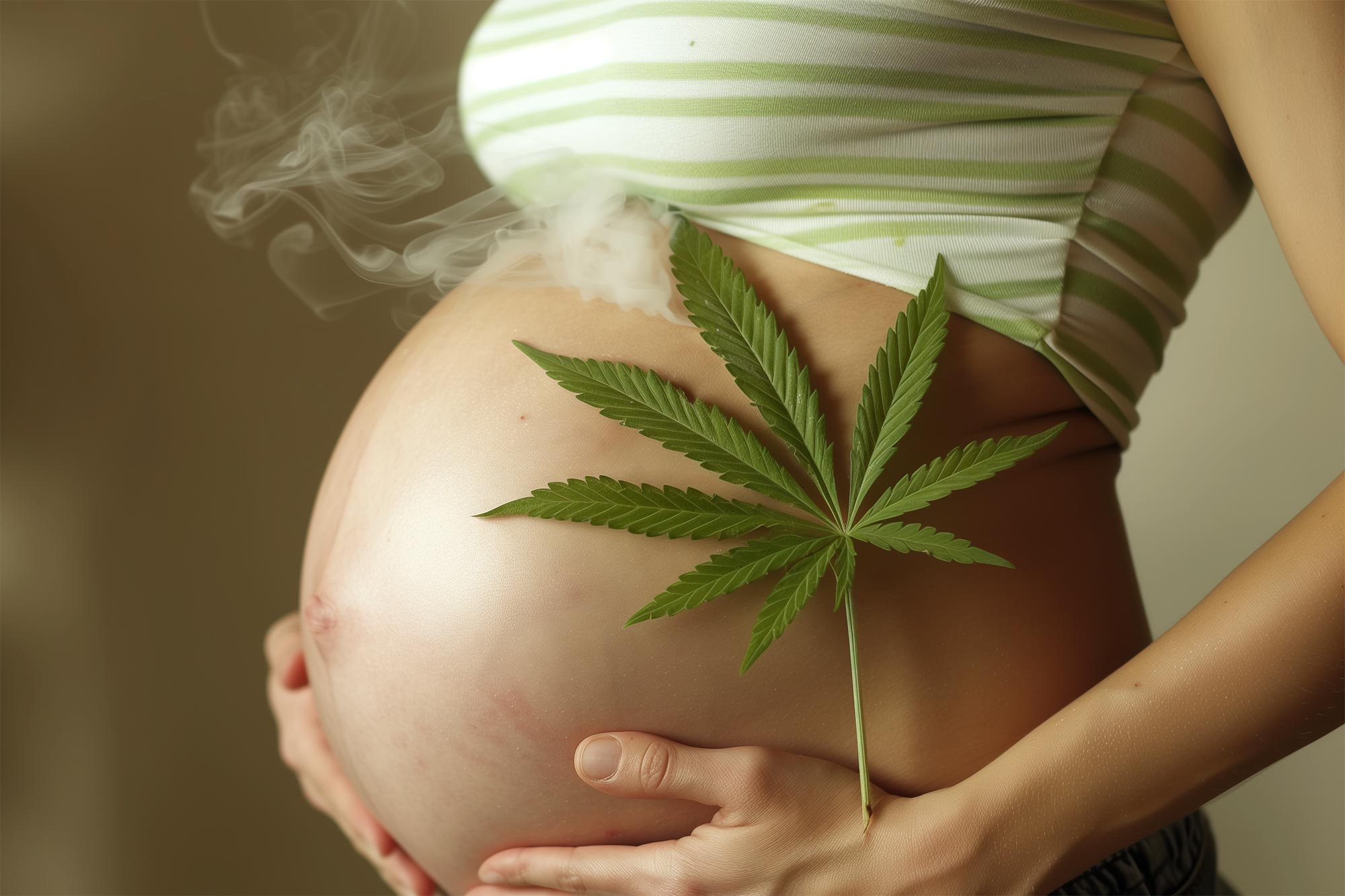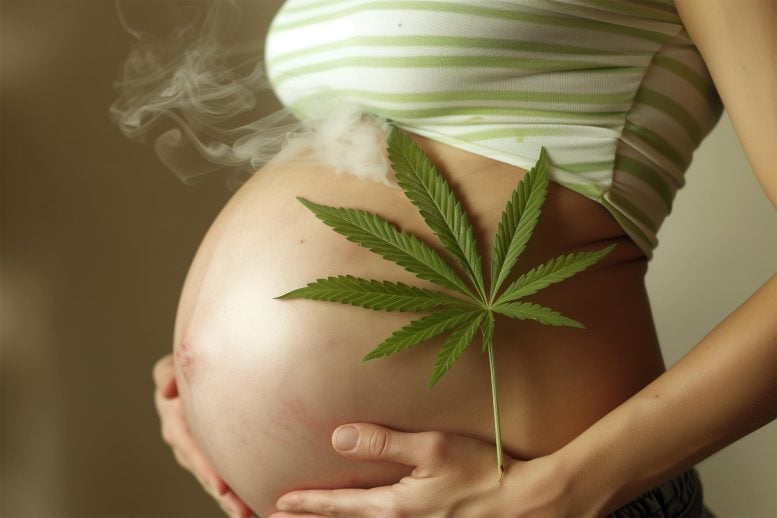

New research from Nationwide Children’s Hospital indicates that prenatal exposure to cannabis is linked with poorer cognitive and behavioral outcomes in children, such as impulse control, attention span, and aggressive behavior.
Despite the natural origins of cannabis, its use during pregnancy is advised against by healthcare providers due to the risks it poses to both mother and child.
With cannabis now legalized and more accessible across much of the country, healthcare providers are increasingly concerned about its potential impact on children. New research from Nationwide Children’s Hospital adds to the growing body of evidence that exposure to cannabis before birth can harm children’s development.
Impacts of Prenatal Cannabis Exposure
In a study published on October 28 in JAMA Pediatrics, researchers found that prenatal cannabis exposure was linked to poorer thinking skills in early childhood, along with behaviors like reduced impulse control, difficulty paying attention, challenges with planning, and increased aggression. These skills and behaviors are critical for success in school and healthy social interactions.
Risks of Cannabis Use During Pregnancy
“Although cannabis is a natural product, there are still many risks to using it during pregnancy,” said Sarah Keim, PhD, principal investigator in the Center for Biobehavioral Health at Nationwide Children’s, and lead author of the study. “Some women may turn to cannabis to help deal with some common issues of pregnancy including nausea, sleep problems and stress. This is not recommended. Consulting with a health care provider to find safer options to help with these issues during pregnancy is important.”
Researchers used multiple assessments, including asking parents about their child’s typical behaviors and measurement of skills related to impulse control, paying attention, solving problems, and managing emotions in preschool-aged children. Results showed children exposed to cannabis had more difficulty controlling their impulses, paying attention and planning, and showed more aggressive behavior when researchers observed their behavior in a play laboratory environment.
Confirming Past Cannabis Studies
“Our findings were not surprising – they actually confirm and expand on longstanding evidence from previous research,” said Dr. Keim. “With our more contemporary and diverse sample of women and children, and with much higher potency of cannabis now than in past decades, this study validates previous research and supports existing clinical recommendations for patients.”
The American Academy of Pediatrics and the American College of Obstetricians and Gynecologists both caution against cannabis use during pregnancy because of possible health risks to mothers and children.
Reference: “Prenatal Cannabis Exposure and Executive Function and Aggressive Behavior at Age 5 Years” by Sarah A. Keim, Peter Fried, Keith Owen Yeates, Kelly M. Boone, Daphne M. Vrantsidis, Abigail Dean, Aaron W. Murnan, Joseph Rausch and Mark A. Klebanoff, 28 October 2024, JAMA Pediatrics.
DOI: 10.1001/jamapediatrics.2024.4352